About
The lion dance is a traditional Chinese performance that combines dance, martial arts, and music to bring good luck and drive away evil spirits. Performed by two dancers in a lion costume, it is often seen at festivals and celebrations, accompanied by drums, cymbals, and gongs.
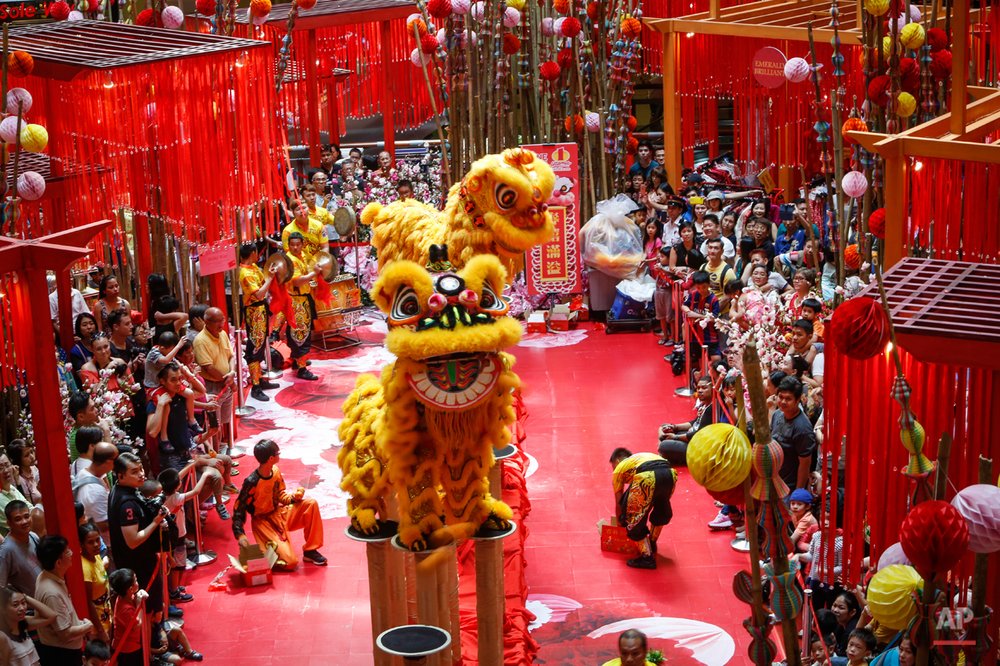
History:
The lion dance is a traditional Chinese performance that dates back over a thousand years. It originated during the Han Dynasty and was believed to bring good luck and drive away evil spirits. Over time, it evolved into an art form combining martial arts, music, and dance, symbolizing strength, courage, and prosperity.
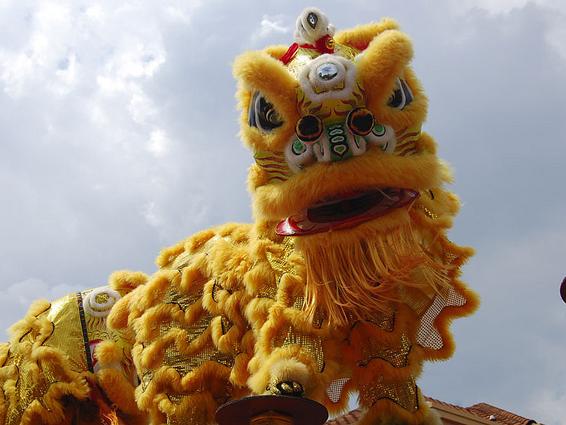
When and Where It Is Performed:
Lion dance is commonly performed during Chinese New Year celebrations, festivals, grand openings, and special cultural events. It is especially popular in China, Southeast Asia, and Chinatowns around the world. The dance is performed on streets, in temples, and at community gatherings to welcome good fortune and happiness.
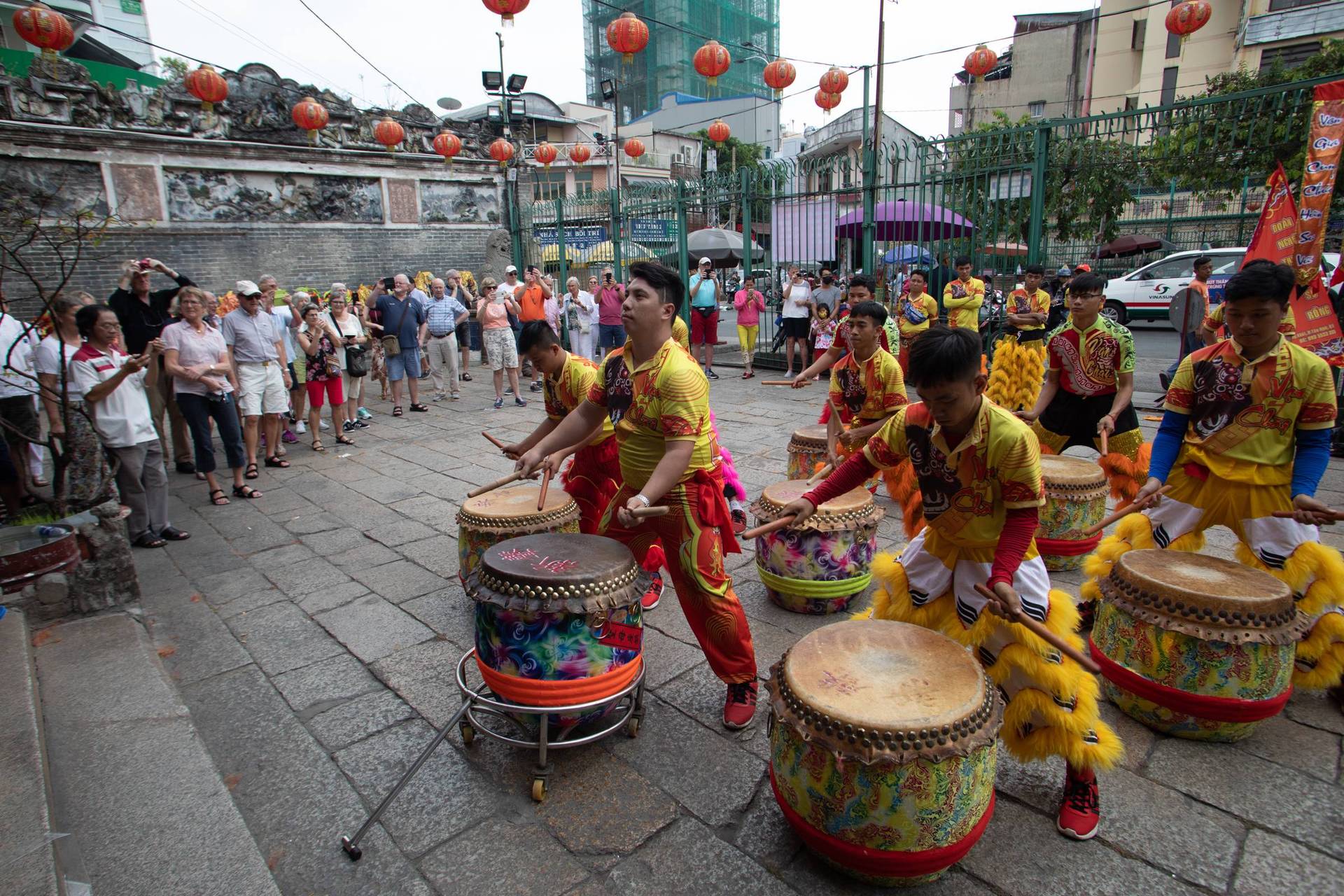
People Involved:
The lion dance is typically performed by skilled dancers who train in martial arts to master the lion’s movements. Two performers usually operate the lion costume—one controlling the head and the other the body and tail. Additionally, musicians play drums, cymbals, and gongs to accompany the dance and enhance the festive atmosphere.
Instruments and apparatuses
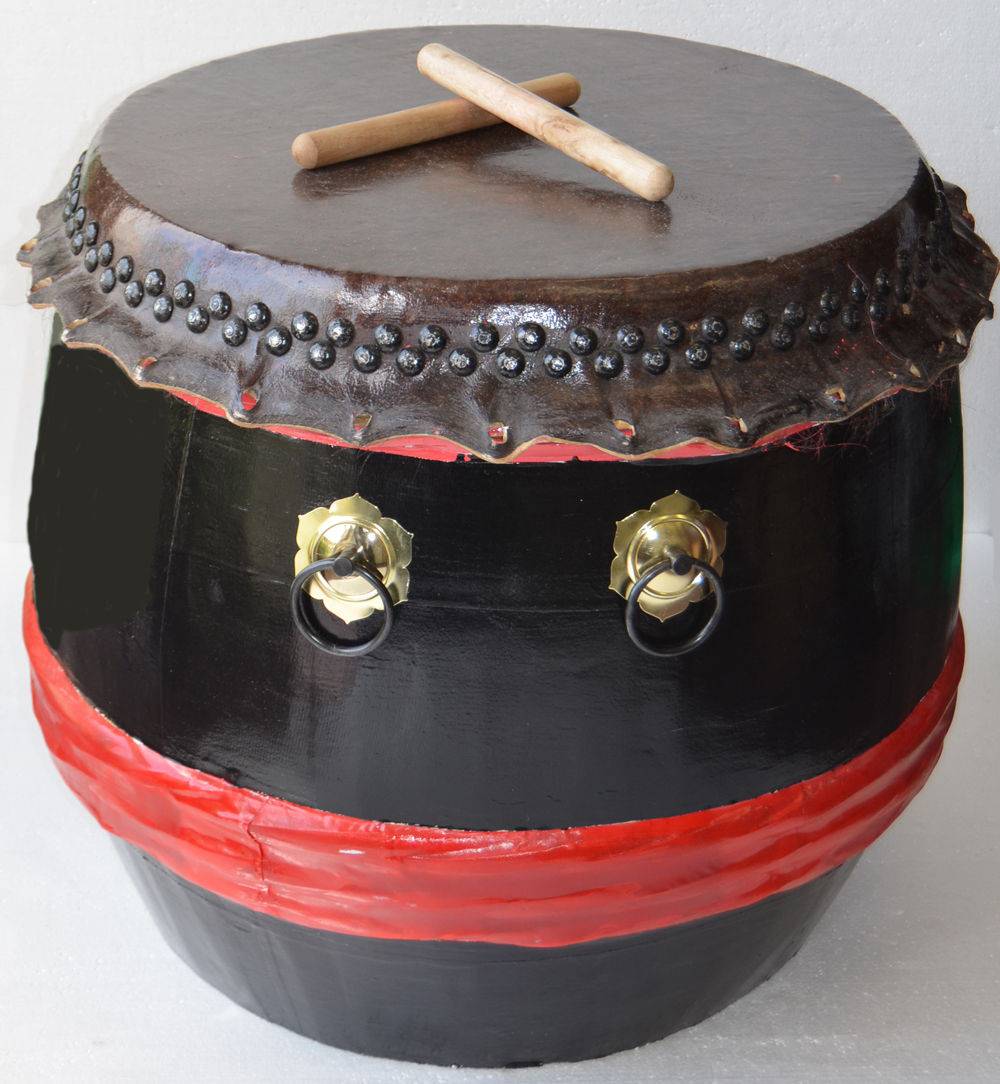
Drum (鼓 - Gu)
The main instrument that sets the rhythm and energy of the lion dance. It drives the performance with powerful, steady beats. The batter head is usually made from pig skin.
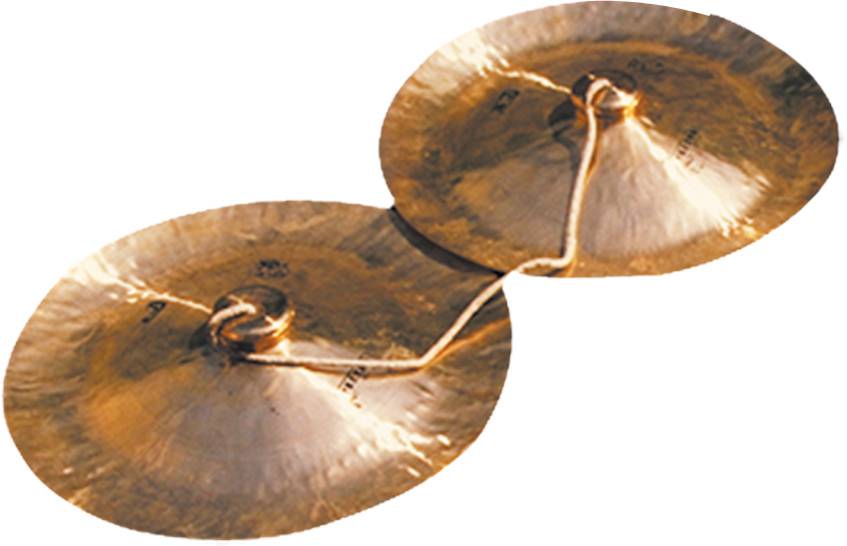
Cymbals (钹 - Bo)
Played in pairs, cymbals create sharp, clashing sounds that highlight the lion’s movements and add excitement to the dance.
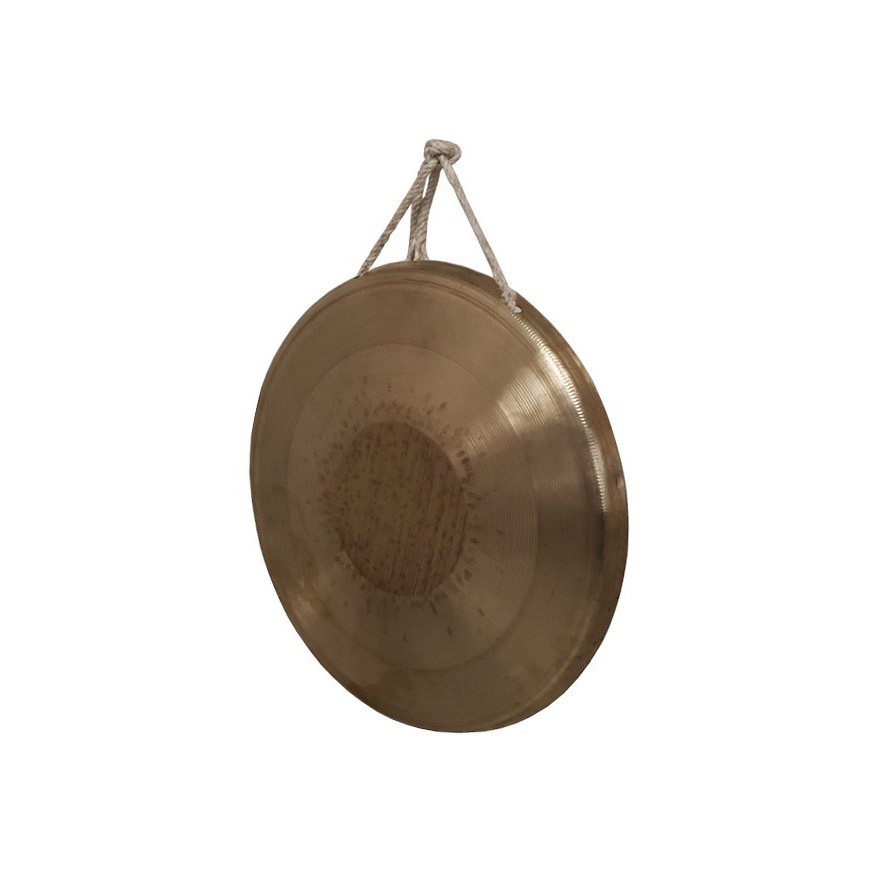
Gong (锣 - Luo)
Produces deep, resonant tones that emphasize dramatic moments and rhythm changes in the performance.
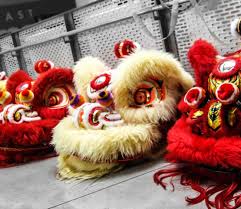
Lion Head (舞狮头)
Lion Head (舞狮头): Large and expressive, made of papier-mâché, bamboo, and fabric. Lion Body and Tail: Colorful fabric with fur and sequins, worn by the back dancer.
Types:
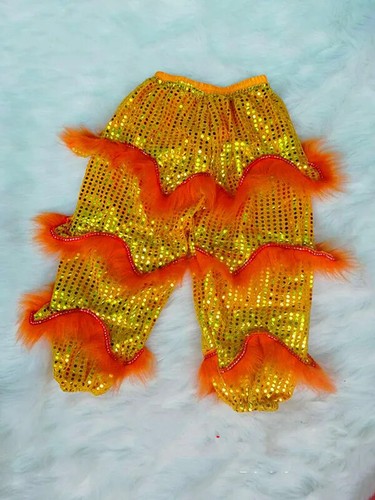
Performer Attire
Matching kung fu-style uniforms made from lightweight fabric for ease of movement, usually in vibrant colors that complement the lion’s design. They often feature traditional details like mandarin collars and embroidered motifs for cultural significance.
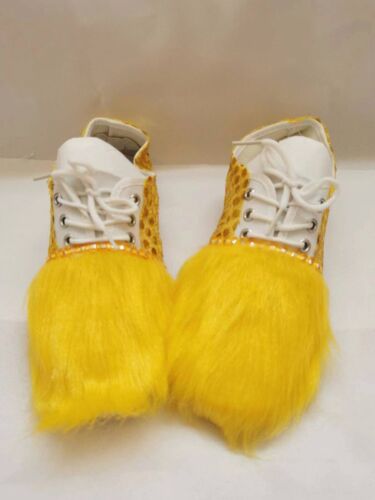
Tailor-made Shoes
Flat-soled shoes designed for strong grip and flexibility, allowing dancers to perform quick, agile movements safely. Made from durable materials, they ensure balance and protect against slips during the dance.